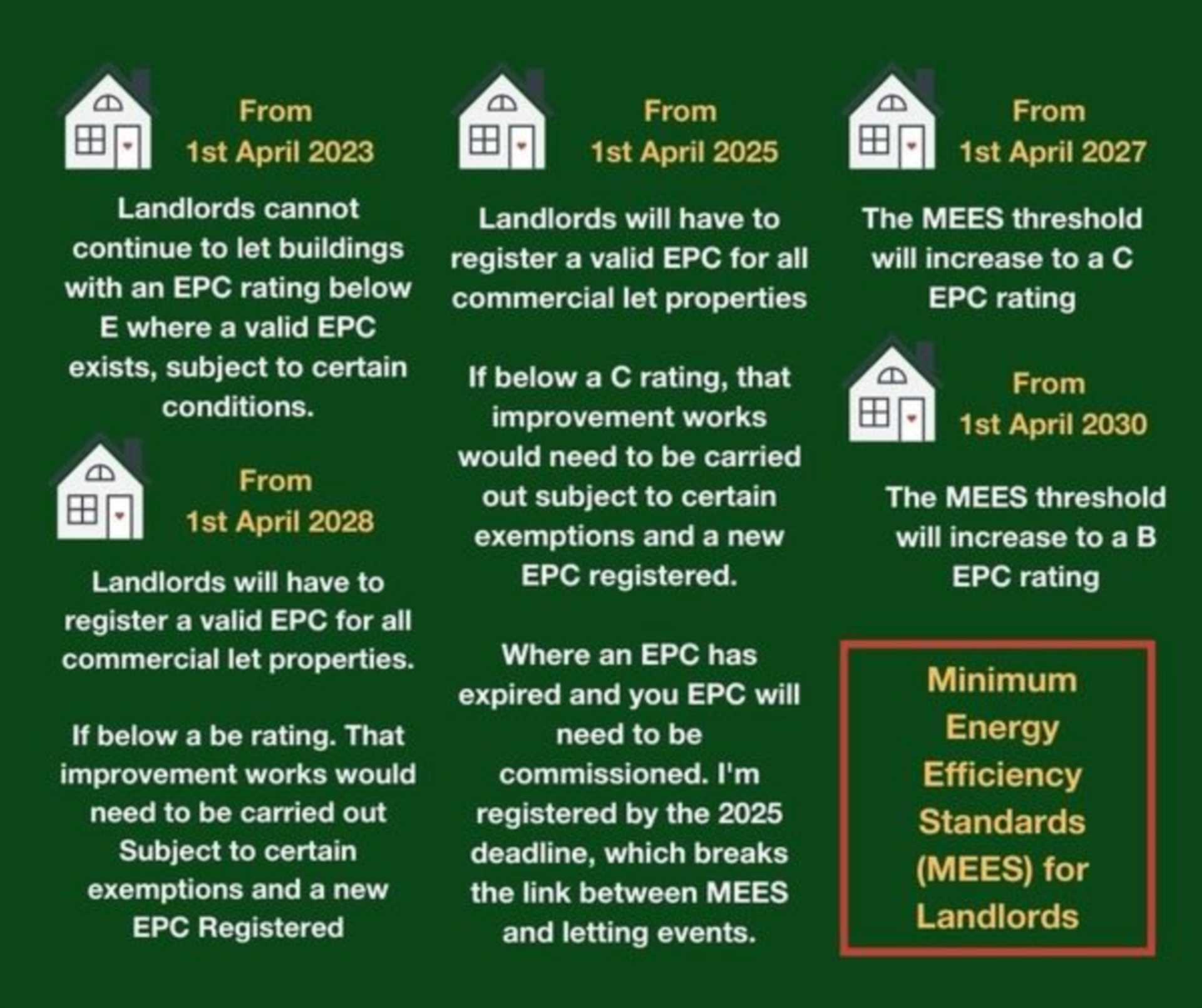
Date Published 31 March 2022
Climate change is an issue that every industry faces, and a problem that each must adapt to.
The property market is a prime example.
Residential real estate accounts for 40% of the UK's carbon emissions, and is increasingly subject to government regulations that will instigate a faster shift towards sustainability.
As of April 2025, changing Energy Performance Certificate (EPC) ratings will require almost three in five homes (58%) to improve their energy efficiency if they are to be let as a private rental.
And with a fine of £30,000 for non-compliance, many landlords will need to invest – potentially quite significantly – in their properties to make the necessary renovations.
The Chancellor announced that VAT on energy saving materials installed in residential properties throughout the UK will be reduced from 5% to zero for the next five years from 1 April 2022.
According to the Value Added Tax (Installation of Energy-Saving Materials) Order 2022, applicable energy saving materials include:
- insulation for walls, floors, ceilings, roofs or lofts or for water tanks, pipes or other plumbing fittings
- draught stripping for windows and doors
- central heating system controls (including thermostatic radiator valves
- hot water system controls
- solar panels
- wind turbines
- water turbines
- ground source heat pumps
- air source heat pumps
- micro combined heat and power units
- boilers designed to be fuelled solely by wood, straw or similar vegetal matter
The government has also proposed improvements private rental sector minimum efficiency standards, which are expected to benefit "over 2 million households in England and Wales, helping them save on their energy bills and significantly reducing fuel poverty in the private rented sector".
The government also announced it will be expanding the Energy Company Obligation to £1 billion per year for four years from 2022, requiring energy suppliers to improve the energy efficiency of low-income homes.
These renovations required by landlords should be treated as an opportunity, rather than a legal requirement.
With 42% of renters saying they consider the environmental impact of a property before renting, and 82% of buyers say they would pay more for an energy efficient home, landlords have the chance in coming years to simultaneously combat the effects of climate change and enhance the marketability of their properties as well.
For expert, qualified advice, we are happy to oblige, even if you aren't a client of ours.